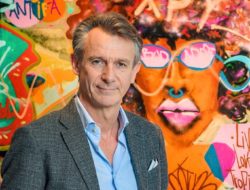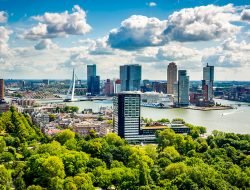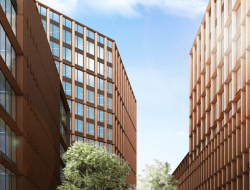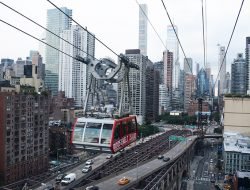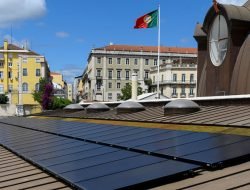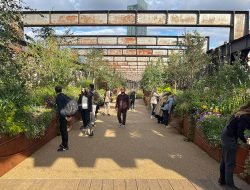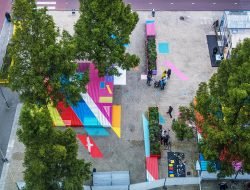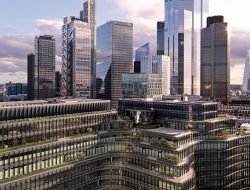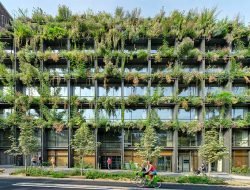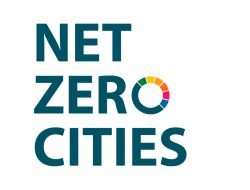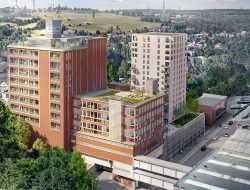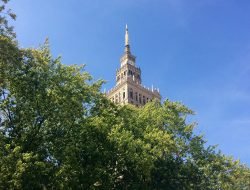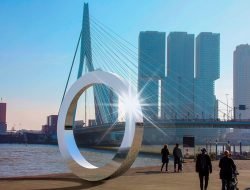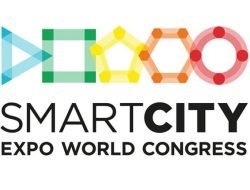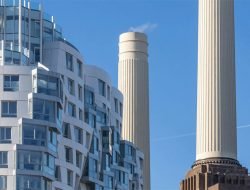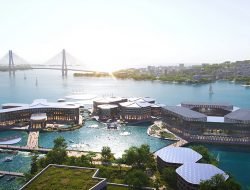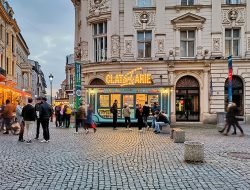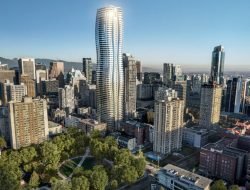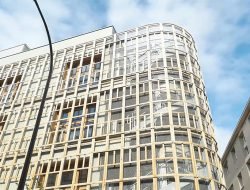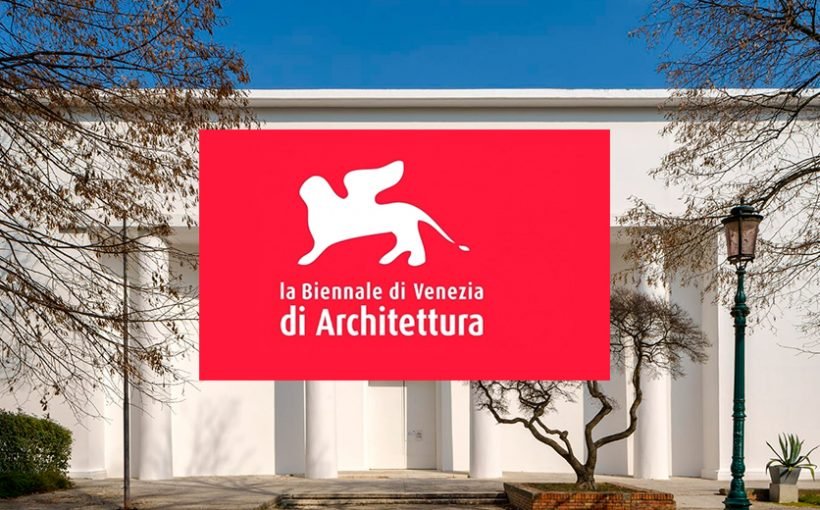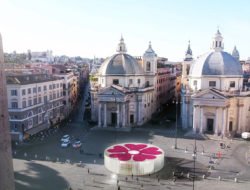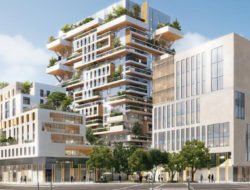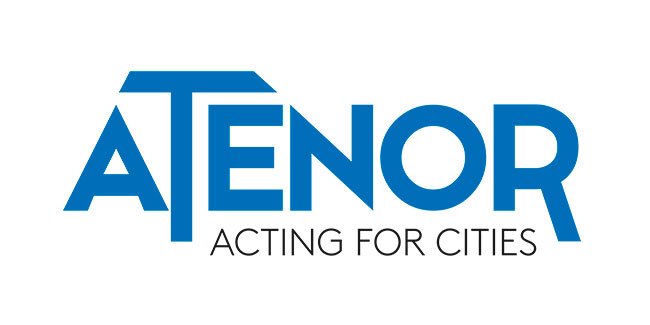Inspired by the work of Lesley Lokko, a Ghanaian architect, the 18th Venice Architecture Biennale will showcase Africa, a continent at the forefront of urbanisation, but also affected by climate change and inequality.
The 2023 edition will celebrate the African continent as the “protagonist of the future” and will be headed by a woman of African origin: Lesley Lokko. The choice of finally shining the Biennale’s spotlight on Africa was self-evident, because: “If there is one place on this planet where all the issues of equity, race, hope and fear converge and come together, it is Africa,” said Ms Loko.
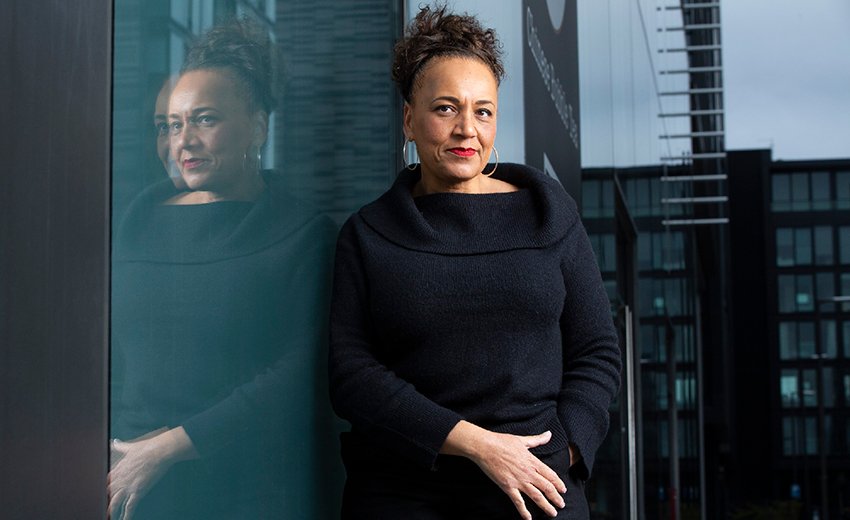
Lesley Lokko © Murdo Macleod
Roberto Ciutto, president of the Venice Biennale, is delighted with the appointment of Lesley Lokko and the recognition of the continent as a key player in the future. “Laboratory of the Future refers to both the Biennale itself and to Africa, a continent at the forefront of global urbanisation and growth, but also confronted with serious climatic and social challenges,” says Roberto Cicutto.
The Venice Architecture Biennale is one of the most significant architecture and urban planning platforms in the world. The 18th edition will take place from 20 May to 26 November 2023 in the Giardini, the Arsenal and various other venues in the City of the Doges.
Entitled The Laboratory of the Future, it will, as always, feature national entries, as well as a selection of fringe events organised by international institutions. Inspired by the work of Lesley Lokko, the event will also be an opportunity to give new definitions to the concepts of future and laboratory.
Decolonisation and decarbonisation
The Africa-focused exhibits will emphasise the two-pronged imperative of decolonisation and decarbonisation. “In Europe, we talk about minorities and diversity, but the truth is that minorities in the West are actually the global majority,” says Lokko. Lesley Lokko is a Ghanaian-Scottish architect with an international career. She is also a prolific novelist and founder and editor-in-chief of FOLIO, journal of Contemporary African Architecture.
She is also the founder of the Graduate School of Architecture in Johannesburg, South Africa (2015) and the African Futures Institute (2021), which is a postgraduate school of architecture and centre for research and public programmes in Accra (Ghana).
Diversity is our hallmark
For Ms Lokko, her dual African and European background means she can “see the near and the far simultaneously, it is also a kind of double awareness that diversity is our defining characteristic. On an anthropological level, we are all African. And what happens in Africa happens to us all”
Much of Lokko’s work questions the concepts of culture, space and race, placing architecture in a social and political context that is not often considered by the profession. “Yet issues such as decolonisation and decarbonisation are really gifts for architecture,” she says. “And that is how I would like this exhibition to be seen: as a gift“.
For her, new technologies that constantly appear and disappear give us unfiltered glimpses of life in parts of the world that we will probably never visit, let alone understand.
“We see our exhibition as a kind of workshop, a laboratory where architects and other professionals from a wide range of creative disciplines draw on examples from their contemporary practices that lay the path for the public – participants and visitors – to follow, imagining first-hand what the future might hold for all of us.” she concludes.
Tags: #Africa, #Décarbonisation, #Décolonisation, architecture, Biennale, Venice


